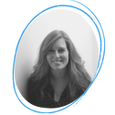 Guest blog from Sarah Ndlovu, our International Education Specialist about how we’re breaking the mould, and using play to create an effective early years assessment tool in Uganda. In Kyaka II refugee settlement, Uganda, Children on the Edge have been trying to find a better way to assess whether our early years programme is having a positive impact on the children we work with. Are we effectively preparing them for the future?
Children on the Edge works to create conditions in which every marginalised child can flourish and thrive no matter where they live and irrespective of the challenging circumstances they face. We identify children in some of the world’s toughest situations and work alongside local communities to co-create protective environments, so marginalised children can safely live, learn, play and grow. This year, we reached more children than ever before, and saw three of our models of education and child protection replicated to new places, bringing sustainable change on a wider scale.
After identifying the needs in the area, they started building strong relationships with the wider community including local leaders, teachers and parents, supporting them to establish six voluntary Child Protection Teams for the 39 villages in the Lopoko sub county.
26-year-old mother of two Maria, was elected and joined one of the newly formed Child Protection teams in her area. Since joining the team, she has proved to be a very committed and active member who leads by example to help make her community safer for the children who live there. Trapped in a Refugee Camp but Flying into Space - The Sky is No Longer the Limit for 'Moja Kids'4/5/2023 I’ve just returned from Uganda, where I visited Karamoja, a region in northern Uganda where Children on the Edge has begun to replicate our successful Child Protection Team model. Children here are living on the edge of society, with little support. Read about how we're supporting communities here to better protect their children. For the last 10 years, we have been supporting volunteer Child Protection Teams (CPTs) in six slum communities in Jinja, Uganda, a city 80 km east of the capital in Kampala. This low-cost, community-owned model has transformed these areas, enabling local people to create protective environments that allow children to thrive.
In 2022, thanks to our amazing community of supporters, we were able to replicate and introduce the Child Protection Team model in a new area - Karamoja, eight hours north of Jinja. Here, poverty is rife, and children are at risk. But five new Child Protection Teams will tackle child rights abuses and ensure vulnerable children are better protected. |
RECEIVE OUR EMAILSBlog Categories
All
Archives
March 2024
|
|
JOIN US ON SOCIAL MEDIA
|
Annual Report | Contact Us | Jobs | Media Centre | Resources | Shop
Accessibility & Policies: Accessibility | Equity, Diversity & Inclusion Policy | Complaints| Privacy Policy | Safeguarding
Accessibility & Policies: Accessibility | Equity, Diversity & Inclusion Policy | Complaints| Privacy Policy | Safeguarding
Children on the Edge, 5 The Victoria, 25 St Pancras, Chichester, West Sussex, PO19 7LT, UK | 01243 538530 | communications@childrenontheedge.org


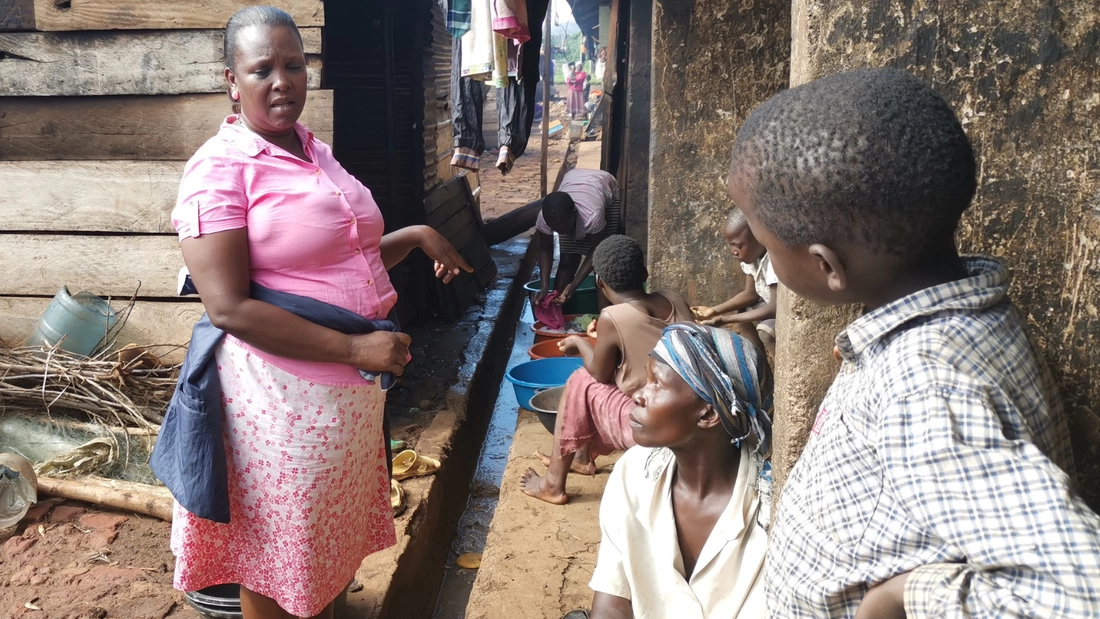

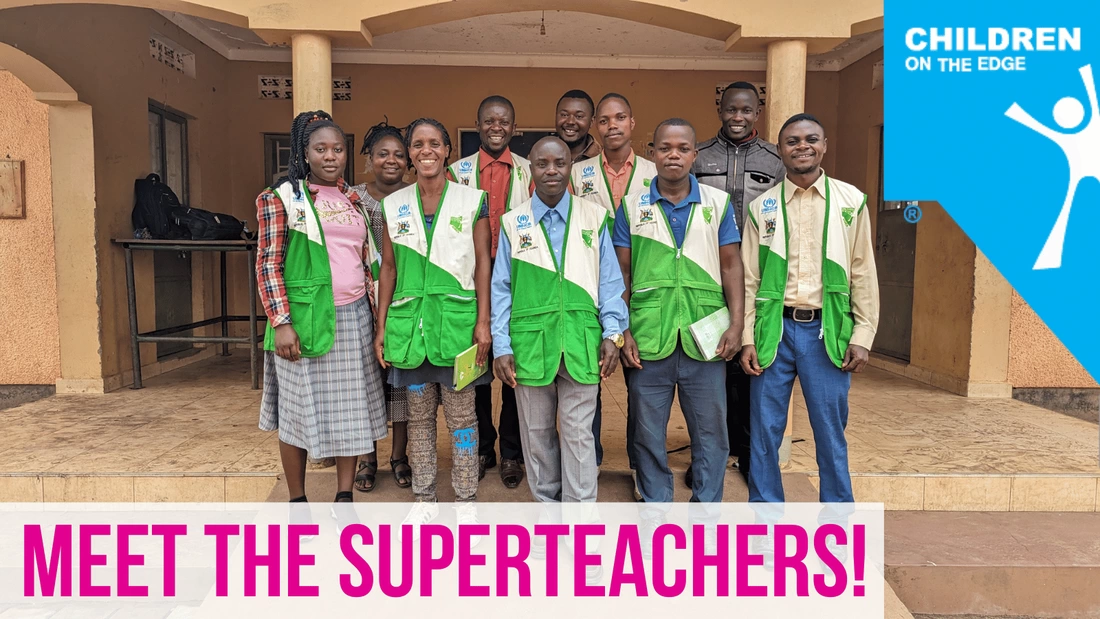
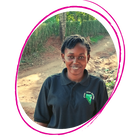
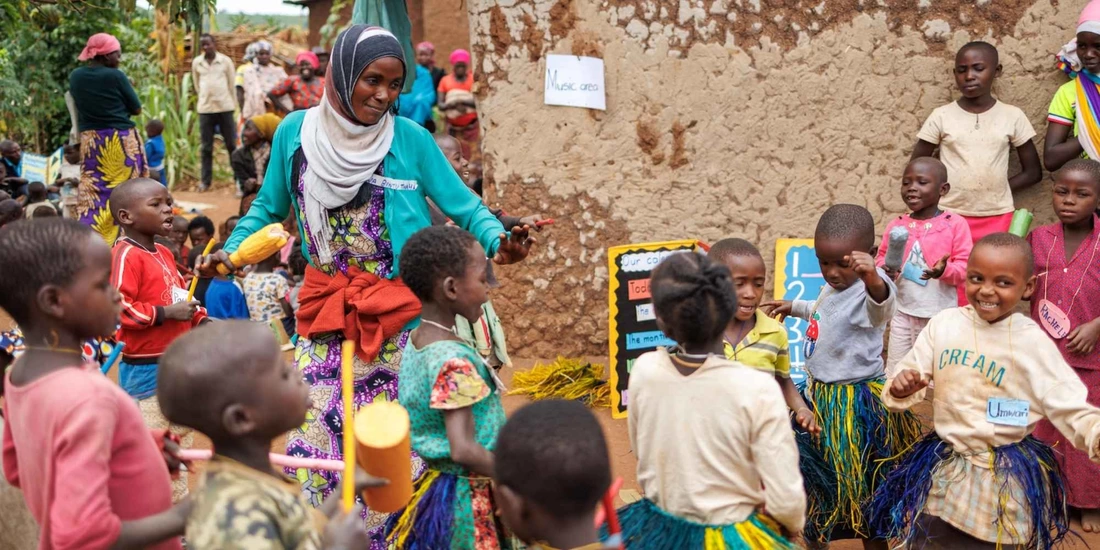
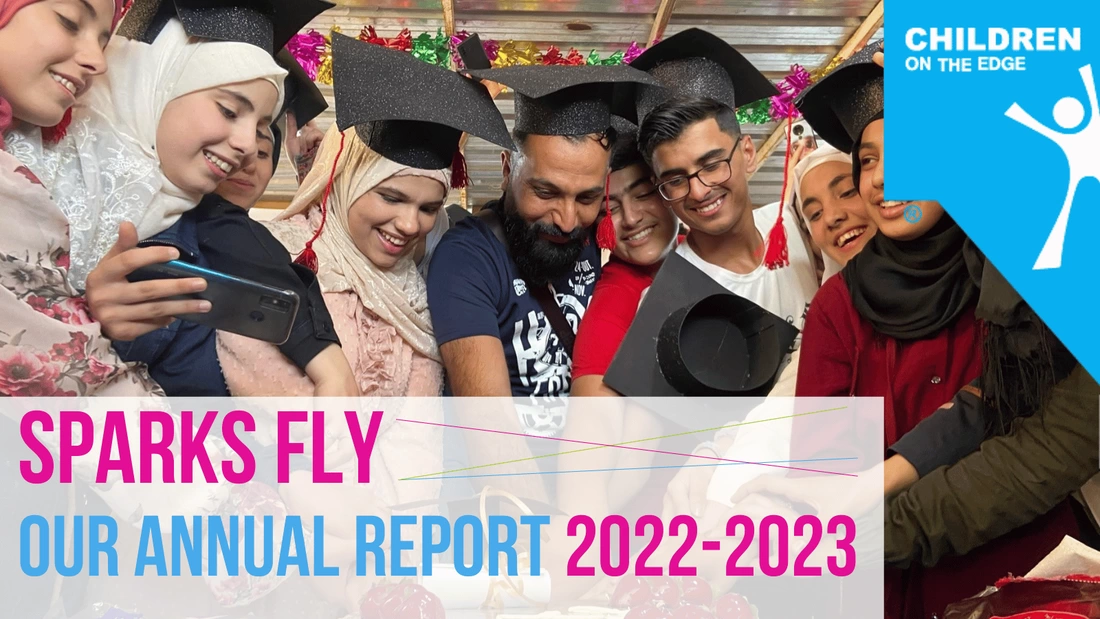
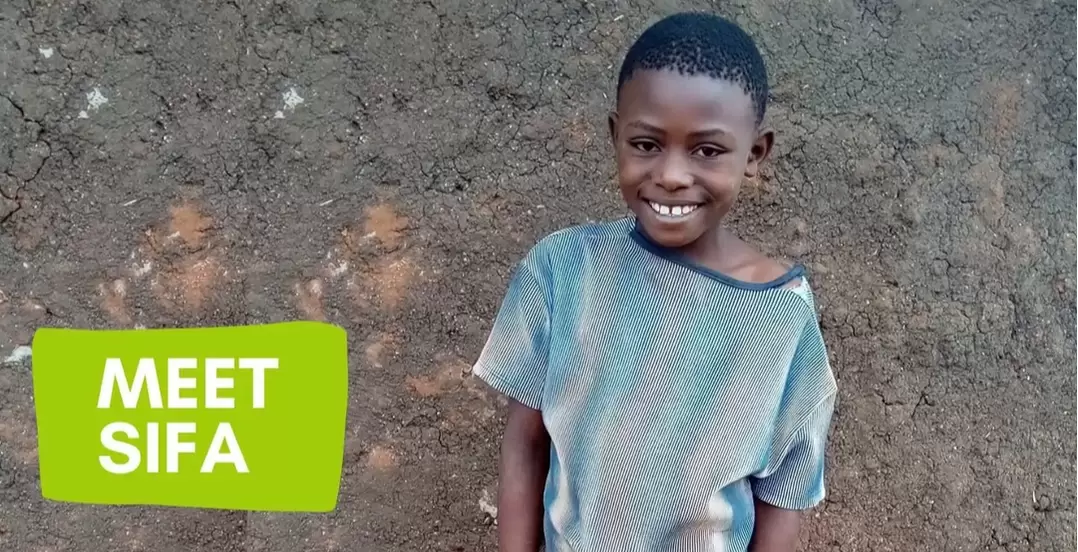
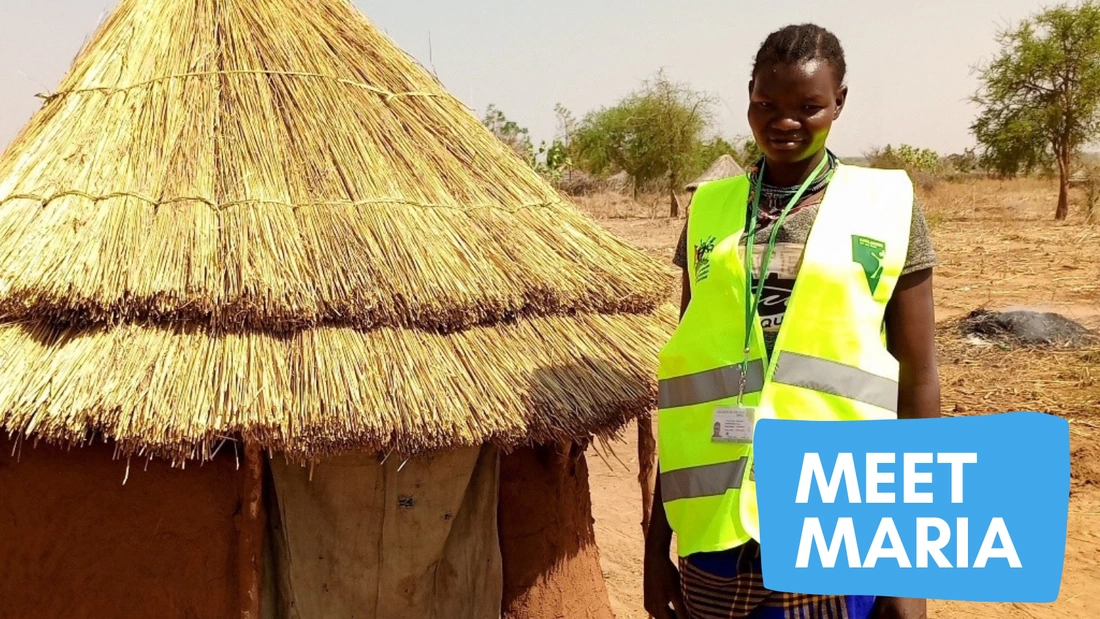
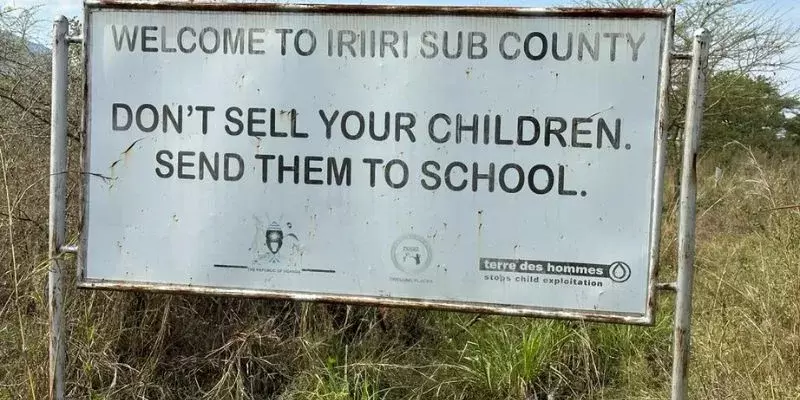

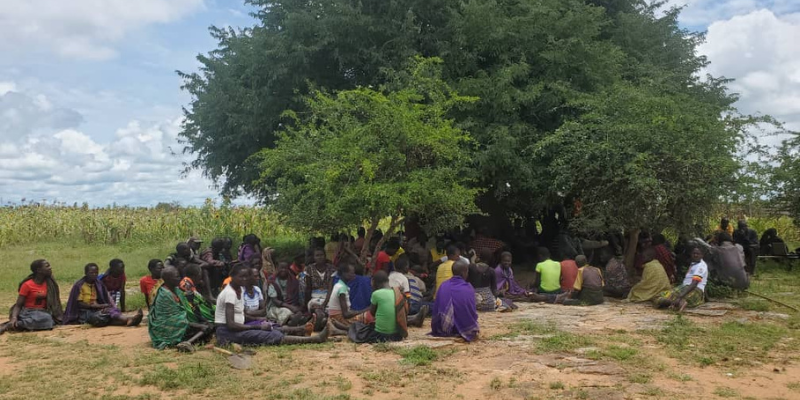
 RSS Feed
RSS Feed
